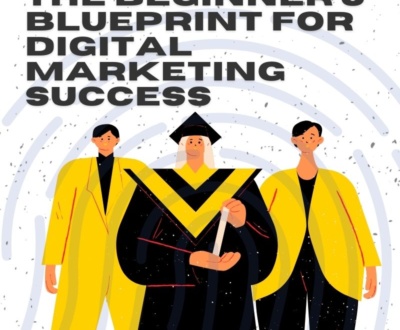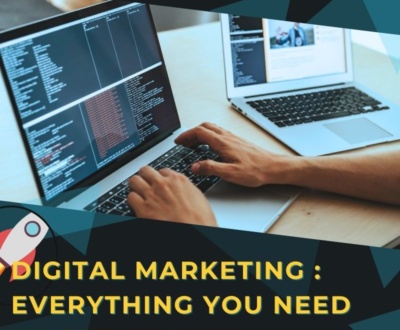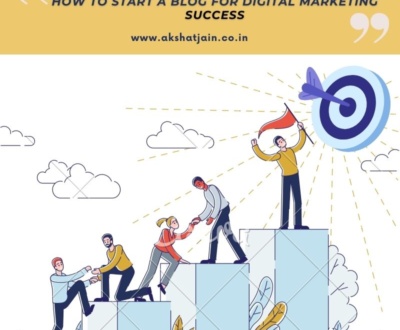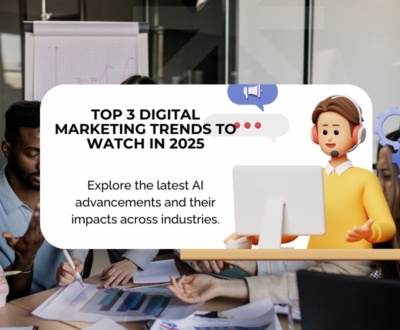ADVANTAGES :
Digital Marketing Enables Businesses To Reach An Audience That Allows Even Small Businesses To Connect With Customers Around The World And It Breaks Geographical Barriers And Small Businesses Can Start With Minimal Investment. They Can Use Tools Like Social Media Or Email Marketing To Reach Out To Customers. Businesses Can Track Performance And Grow Roi In A Short Period Of Time.
TARGETED ADVERTISING :
Workers Are Able To Target Based On The Digital Spectrum, Interests, Behavior, And More, Ensuring Your Message Reaches The Right Audience.
GLOBAL REACH
Digital Marketing Removes Geographical Barriers And Allows One To Easily Reach Audiences, Opening Up International Sales Opportunities.
measurable results
Analytics tools in digital marketing make it easy to track and optimize campaign results.
Engagement and conversation
Social media and email marketing connect directly with customers, building brand loyalty and trust.
High ROI (Return on Investment)
Digital marketing strategies, such as email marketing and PPC (pay-per-click), can deliver high returns on a fairly low budget.
Brand Awareness Building
Using digital marketing platforms like social media and content marketing allows you to create awareness of your brand and establish connections with people.
Flexibility and Scalability
It’s possible to scale campaigns up or down according to business growth, which is flexible and convenient.
DISADVANTAGES :
Digital Marketing Means That Almost Every Business Is Online It Can Be Challenging To Stand Out In Crowded Spaces Like Social Media And Search Engines It Relies Heavily On Internet Connectivity And Technology Technical Issues Such As Website Or Software Glitches Can Interrupt Campaigns And Impact Results It Collects And Uses Customer Data, Which Can Raise Concerns It Requires Businesses To Handle Data Responsibly
REQUIRES CONSTANT UPDATES: In The Age Of Digital Marketing, Algorithms And Tools Change Frequently, Requiring Businesses To Stay Updated To Remain Competitive
TIME-CONSUMING : Effective Digital Marketing Involves A Continuous Effort, From Creating Content To Managing Campaigns And Responding To Customer Interactions.
Advertising fatigue : After continuously seeing online advertisements, users start ignoring the advertisements, which reduces the click-through rate and engagement.
Negative Feedback Visibility : Negative feedback or criticism becomes public on social media and review platforms, which can impact brand reputation.
Fast changes in trends : In the digital marketing industry, trends and algorithms (Google, social media platforms) change rapidly. Businesses have to stay updated with changes, which can be challenging.
Initial investment : Although digital marketing is affordable, some tools, platforms, and paid advertising require some initial investment.
high competition : Competition on digital marketing platforms is intense, especially in saturated niches. You must adopt innovative strategies to make your campaigns exceptional.
Technical knowledge necessary : Effective digital marketing requires technical knowledge and skills, like using SEO, PPC, analytics tools, and automation systems.
Dependence on technology : Digital marketing is largely dependent on technology. If technology or internet goes down, the campaign will be impacted.
Security & Privacy Issues : There are privacy laws to keep in mind when collecting and managing customer data. Cybersecurity risks, such as hacking and data breaches, create a lot of concern.







![9[1]](https://www.akshatjain.co.in/wp-content/uploads/91-400x330.jpg)
![8[1]](https://www.akshatjain.co.in/wp-content/uploads/81-400x330.jpg)
Pingback: "top 5 digital marketing agencies in india"